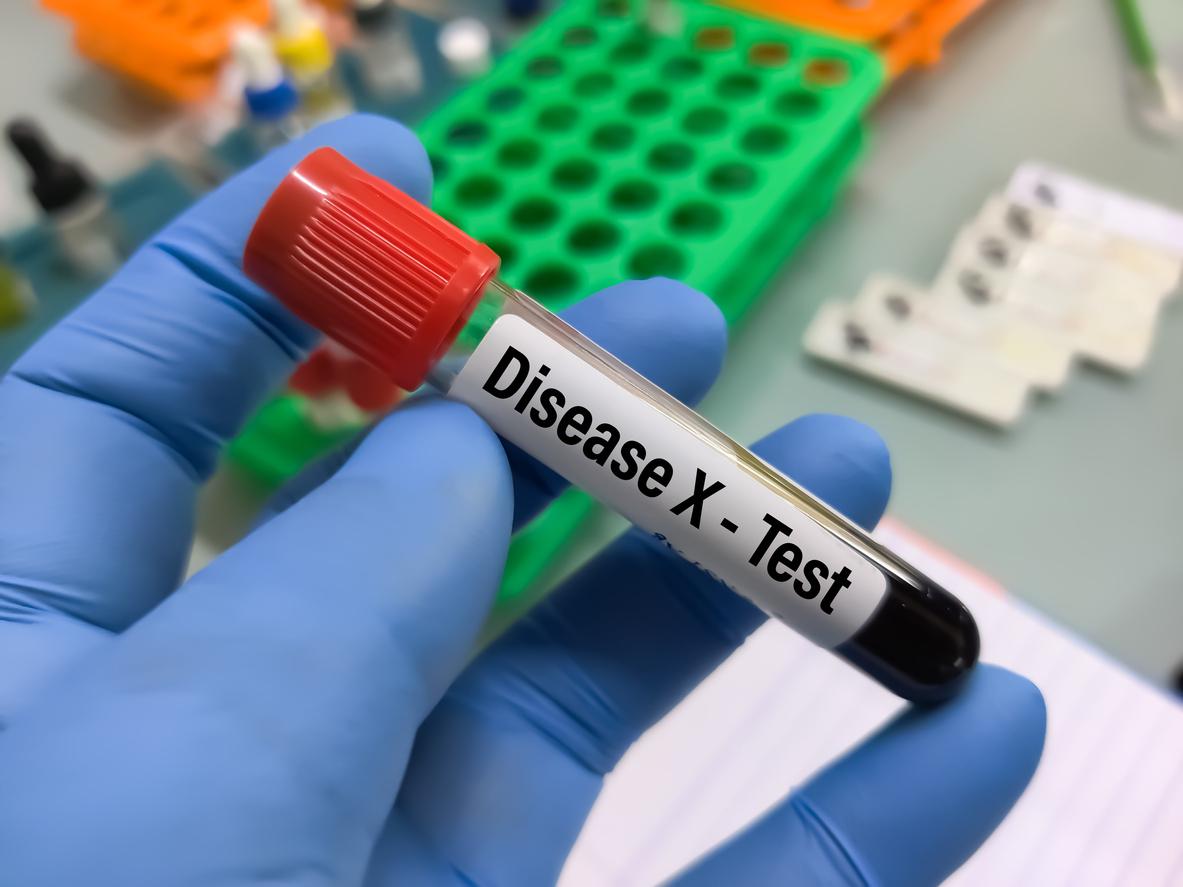What were your first symptoms of Charcot’s disease?
In September 2014, I started having trouble walking: more specifically, I had difficulty walking. I immediately sensed that there was a problem: I didn’t give up and quickly went to see my osteopath, who redirected me to a neurologist.
This is where several months of therapeutic wandering began. It was very difficult for me because with the internet, we have all the information at our fingertips. On the forums, the “scarecrow” was amyotrophic lateral sclerosis (ALS). I suspected that it could be that, I was well aware that it was serious, but I hoped to suffer from something else.
The diagnosis fell in April 2015. My world collapsed.
Today, how do you live with this amyotrophic lateral sclerosis (ALS)?
Because of my illness, I am now quadriplegic, tracheostomized, mute and fed by gastrostomy tube. Since 2016, I can only move my eyes. I consider myself a survivor.
I believe that if anyone were asked if they could continue to live in my state, one would get the following reaction: “Me? Live hooked up to machines for the rest of my life? Rather die”. But when the SLA arrives, the cards are reshuffled and a new game begins. We have the choice to fold or play with these new rules. I have chosen life. Admittedly, I had to mourn my body (agree to no longer speak, no longer eat), but my head and my heart are still there!
It seems to me that once you accept this “new game”, a life is possible. She’s not that painful. It’s just another life, with its ups and downs, just like the last one. But this requires total acceptance – not all sufferers can do this.
Despite Charcot’s disease, I remain active. Thanks to software, I got back to composing music: I have already created more than 70 titles, with my eyes alone. I also write books. I retain a major role in the lives of those close to me: they expect me to be strong, to show the example of someone who has not given up. I try to be an inspiration to them. But I’m not a hero: I just do what I can with what I have.
What advice would you give to a woman/man who has just learned that he/she has Charcot’s disease?
First, you should know thatpsychological support is essential : many people who suffer from ALS develop depression: do not hesitate to ask for help, consult doctors and take care of your mental health.
The support of the family seems essential to me: my wife and my daughters are extremely important to me, for my morale and my health.
Finally, despite everything that we can read or hear, I assure you: even with Charcot’s disease, we can continue to live. Everything is still possible.
Guilhem is the author of the blog ALS for Dummies.
Source:Click TV
Read also :
Amyotrophic lateral sclerosis: what are the first signs?
Charcot’s disease: the software used by Stephan Hawking available in open source
ALS: the Ice Bucket Challenge has made it possible to advance research


















